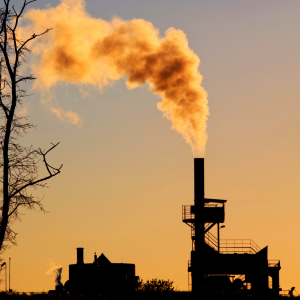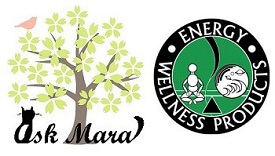Protecting our Health from Increasing Levels of Environmental Toxicity
Recently a major chemical spill made national headlines. However, this spill is just one among many incidents where toxic chemicals are accidently released into the environment and are far more common than most people realize. Environmental toxicity is a reality. In a study published by the CDC in 2015, a survey of nine states over a ten-year period from 1999 to 2008, found a total of 57,975 incidents involving “acute chemical incidents.” Remember that is just nine states, not the entire US!
If these chemicals were substances that broke down readily in the environment there would be less concern, but many of them are persistent organic pollutants (POPs) which means they will linger in the environment for decades, if not hundreds of years.
 There are currently over 350,000 chemicals registered for use in industry, agriculture, and medicine. Only a small fraction of them have been adequately tested for safety, and their safety is tested individually, not collectively. While we do enjoy many benefits from the wonderful discoveries of modern chemistry, the growing use of these chemicals is causing increasingly detrimental effects on the health of plants, animals, and human beings. This month’s Sunshine Sharing discusses more in detail why they are a growing concern and what you can do to help yourself.
There are currently over 350,000 chemicals registered for use in industry, agriculture, and medicine. Only a small fraction of them have been adequately tested for safety, and their safety is tested individually, not collectively. While we do enjoy many benefits from the wonderful discoveries of modern chemistry, the growing use of these chemicals is causing increasingly detrimental effects on the health of plants, animals, and human beings. This month’s Sunshine Sharing discusses more in detail why they are a growing concern and what you can do to help yourself.
Why these Chemicals are a Concern
The chemicals putting us at risk in environmental toxicity are mostly fat soluble. Which means, these compounds are not easily flushed out of the body. They tend to lodge themselves in the fatty tissues of the body where they accumulate. This storage could possibly be contributing to neurodegenerative diseases as well as other neurological problems. Some of these chemicals are also endocrine disrupters which can cause hormonal imbalances, especially in the reproductive system. They also can adversely affect the immune system which can contribute to chronic inflammation.
Tips to Protect Yourself
It is important to reduce your exposure to these chemicals. Below are a few tips to help you protect yourself from environmental toxicity.
- Avoid chemicals in your food. Read your labels. If you can’t pronounce it or don’t know what it is, think twice about eating it. Focus on whole foods, lean meats, organic or properly washed fruits and vegetables, they do not contain many of these added chemicals. Check out EWG’s Dirty Dozen list to know which fruits and vegetables to focus on for purchasing organic.
- Clean water is important. Not only should you be drinking clean, filtered water. Make sure you are showering in it as well. Add a drinking and shower water filtration system to your home.
- Use non-toxic household products and personal care products. Read what the ingredients are in them and learn what ingredients to avoid.
- Purify your indoor air since so many paints, carpets, flooring, and furniture contain chemicals. You can purchase an air filtration system or add air purifying indoor plants.
- If you use chemicals to spray your lawn or are exposed to them, please follow their safety protocols. I see so many people outside spraying weeds with bare hands and shorts on!
- Nourish your detoxification systems of the body – especially the liver.
I also can’t stress how important it is to develop healthy living habits and to use the SOQI Products daily to promote circulation and detoxification.

One thought on “Environmental Toxcity – Thriving in a Toxic World”